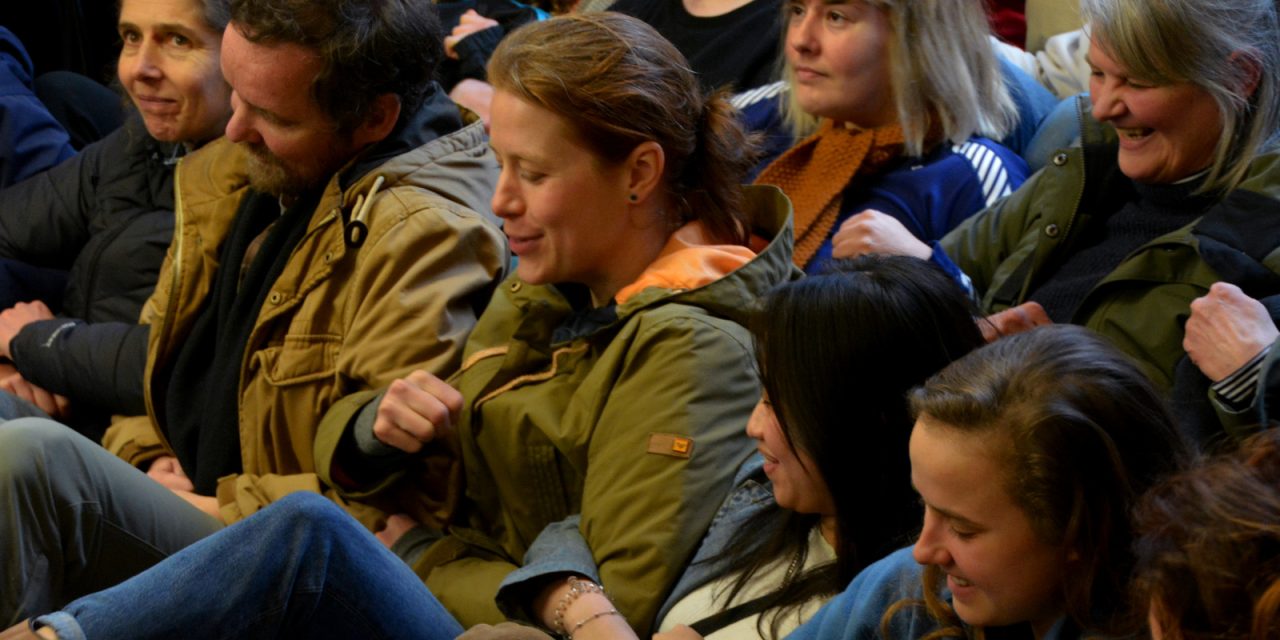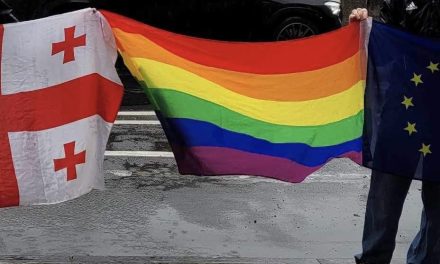The climate movement started with school strikes and young people in the lead. But when the pandemic hit, protests disappeared and the whole topic was pushed into the background. Now climate protests are back, but things are different. They seem to be more extreme.
Extinction Rebellion (XR) is a UK-headquartered global environmental movement. They are using nonviolent civil disobedience to bring attention to the climate crisis. It was founded in 2018 in London.
Differing from Fridays for future XR blocks roads, occupies buildings and interrupts day-to-day life to get their point across. Furthermore, Fridays for future has younger members.
When you walk into an extinction rebellion meeting you can feel the energy in the room. People are here because they want to change something. It does not matter what you look like or how old you are – everybody is welcome.
Sieger Sloot is a climate activist at XR and actor. He joined XR in 2022. “If you would have asked me a year ago if it is ok to glue yourself to a painting, I would have said, that is one thing to far, but now I would say that it is very effective. The boundaries of protest are shifting. They are moveable.”
 In a meeting, newcomers get an introduction to how XR works.
In a meeting, newcomers get an introduction to how XR works.
This is not the first time that more radical forms of protest are being used by a social movement. Historically these techniques have been used to cast a spotlight on desperate situations when conventional legal and political responses have been deemed inadequate.
“What we are going to see in the coming months is that people will get really desperate and angry that the government is not doing their jobs.”, says Sloot. But what does the public think of these actions? In a study by YouGov that is set in the UK 41% of respondents state that they disapprove of XR, 18% approve of their actions and 15% are neutral towards them.
Nevertheless, in the Netherlands XR is still gaining a great number of new members. “Right now, we are growing really fast. We’re doubling the number of people joining our actions, which is a really quick rise.”, says Sloot. There is no exact number of how many members XR has in the Netherlands, but it is estimated that worldwide 250,000 people across 75 nations are a part of it.
One thing is clear: as the climate is changing the protest movement around it is changing as well. Sloot says: “I think it is your civic duty to speak up and try to improve our climate situation.”




